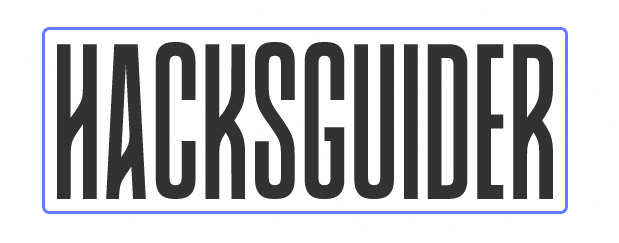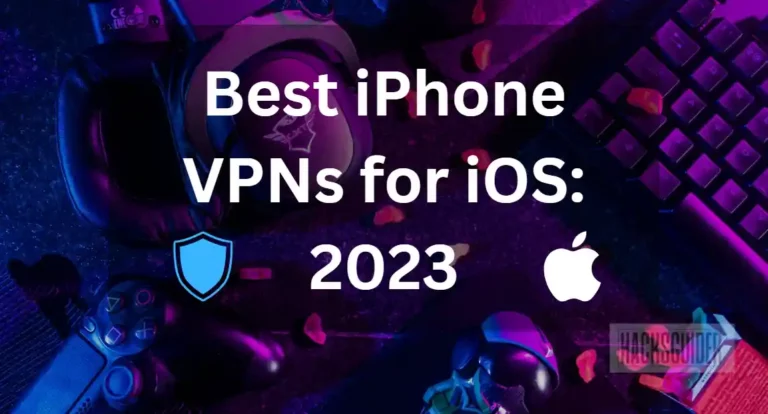
Best iPhone VPNs for iOS in 2023: Tested and Verified
Best iPhone VPNs for iOS in 2023: Safe VPNs We review VPNs and other products independently. However, if you buy
Read this article about the biggest data breaches in the history of mankind.
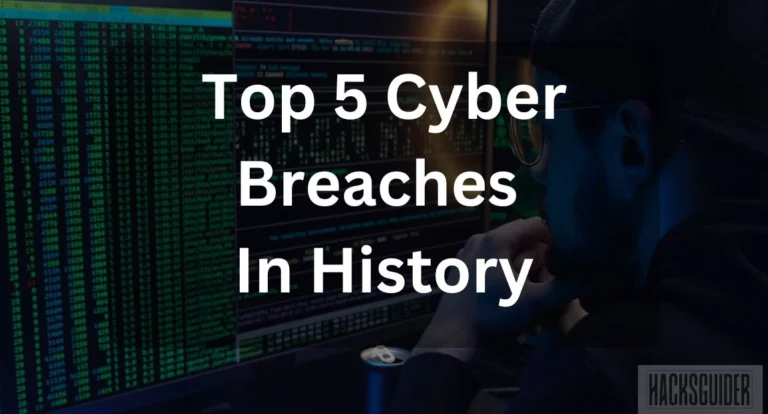
In an age where our lives are increasingly intertwined with the digital world, cybersecurity breaches have become alarmingly frequent and consequential. These breaches can expose sensitive information, disrupt businesses, and cause financial and reputational damage. Here’s a deep dive into some of the most significant cybersecurity breaches in history, how they happened, and their far-reaching impacts.
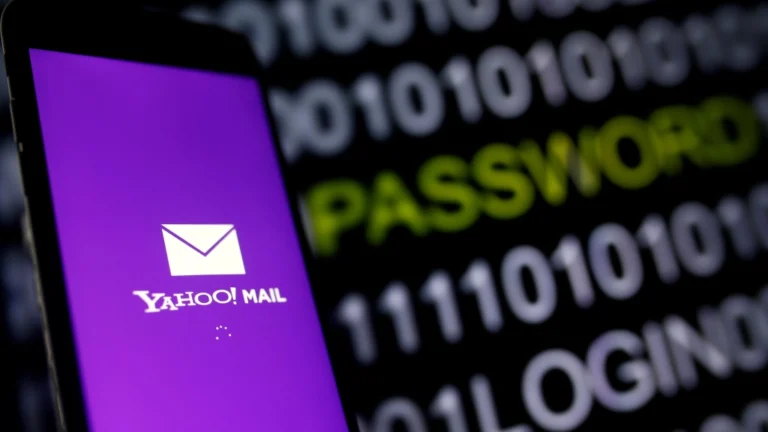
If there were an award for the most persistent cyberattacks, Yahoo would certainly be in the running. In what is considered one of the largest data breaches in history, Yahoo disclosed that data associated with over 3 billion user accounts was stolen over two separate incidents in 2013 and 2014. The stolen data included names, email addresses, telephone numbers, dates of birth, and hashed passwords.
This breach, orchestrated by state-sponsored actors, highlighted significant flaws in Yahoo’s security practices. The aftermath saw Yahoo’s reputation severely tarnished, and its sale to Verizon was heavily discounted. The Yahoo breach underscores the need for robust cybersecurity measures and regular security audits. Keywords: Yahoo breach, user accounts, state-sponsored actors, cybersecurity measures, security audits.
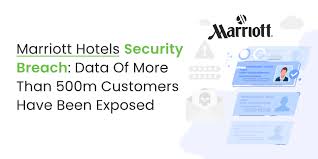
Between 2014 and 2018, cybercriminals accessed the reservation database of Marriott International, compromising the personal information of up to 500 million guests. The stolen data included names, passport numbers, and credit card information. The breach was discovered only after Marriott acquired Starwood Hotels, highlighting the complexity and risks associated with mergers and acquisitions in the digital age.
The Marriott breach underscores the need for comprehensive cybersecurity due diligence in mergers and acquisitions. It also emphasizes the importance of monitoring and securing vast amounts of data over extended periods. Keywords: Marriott breach, reservation database, mergers and acquisitions, cybersecurity due diligence, personal information.
Imagine waking up to find that your most sensitive personal information has been stolen. This nightmare became a reality for 147 million people in 2017 when Equifax, one of the largest credit reporting agencies, announced a massive data breach. Hackers exploited a vulnerability in a web application, gaining access to names, Social Security numbers, birth dates, addresses, and even some driver’s license numbers.
If you are one of the people who thinks security updates are for nerds, you might learn the most from Equifax’s example. Despite knowing about the vulnerability for months, Equifax had failed to apply the necessary security patch. The fallout was immense, with the company facing lawsuits, regulatory scrutiny, and a loss of consumer trust. Keywords: data breach, cybersecurity, Equifax, personal information, software updates, security patch.
The 2014 hack of Sony Pictures was more than just a data breach; it was a politically charged attack that shook Hollywood. Hackers, believed to be linked to North Korea, infiltrated Sony’s networks, leaking unreleased films, private emails, and employee information. The breach was allegedly a response to Sony’s film “The Interview,” which depicted a fictional assassination of North Korea’s leader.
This breach exposed the vulnerabilities in the entertainment industry’s cybersecurity infrastructure and underscored the potential geopolitical ramifications of cyberattacks. It also illustrated the importance of securing sensitive information, particularly in industries dealing with high-profile content. Keywords: Sony Pictures hack, entertainment industry, cyberattack, North Korea, sensitive information.
In 2015, Anthem Inc., one of the largest health insurance companies in the US, suffered a data breach that exposed the personal information of 78.8 million individuals. The attackers accessed names, Social Security numbers, addresses, and employment information. The breach highlighted the vulnerabilities within the healthcare sector and the potential consequences of inadequate security measures.
The Anthem breach underscored the critical need for the healthcare industry to enhance its cybersecurity protocols, particularly in protecting sensitive patient information. It also led to increased regulatory scrutiny and calls for stricter data protection standards. Keywords: Anthem breach, healthcare sector, patient information, cybersecurity protocols, data protection standards.
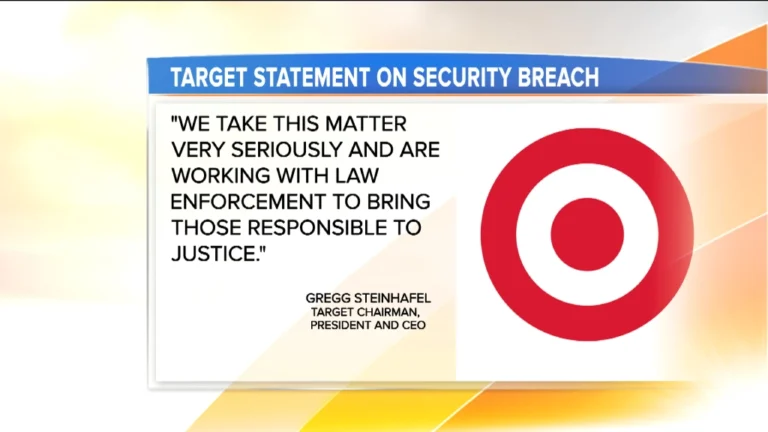
Retail giant Target found itself at the center of a cybersecurity storm in 2013 when hackers infiltrated its systems through a third-party vendor. The breach compromised 40 million credit and debit card accounts, and the personal information of 70 million customers was exposed. The attackers gained access by stealing credentials from Target’s HVAC contractor – a chilling reminder that cybersecurity is only as strong as the weakest link.
The Target breach highlighted the critical need for rigorous third-party vendor management and robust network segmentation. It also prompted retailers worldwide to adopt more stringent security measures, including EMV chip technology. Keywords: Target breach, third-party vendor, credit card information, network segmentation, EMV chip technology.
In 2013, Adobe Systems reported a significant data breach affecting 38 million users. The attackers accessed Adobe IDs, encrypted passwords, and source code for several Adobe products. The breach raised concerns about the security of intellectual property and the risks associated with stolen source code.
The Adobe breach highlighted the necessity for strong encryption practices and the protection of intellectual property. It also served as a wake-up call for companies to secure not just customer data, but also their own proprietary technologies. Keywords: Adobe breach, encrypted passwords, source code, intellectual property, encryption practices.

Best iPhone VPNs for iOS in 2023: Safe VPNs We review VPNs and other products independently. However, if you buy
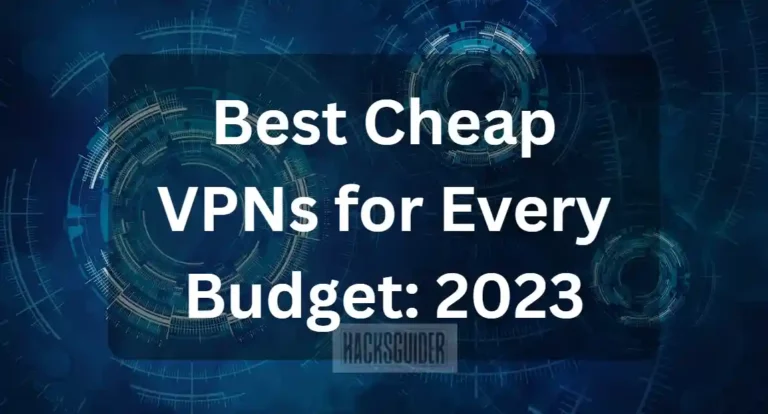
Best Cheap VPNs In 2023: Premium VPNs at amazing prices We review VPNs and other products independently. However, if you

Best VPNs for Mexico in 2023: Free and Premium We review VPNs and other products independently. However, if you buy
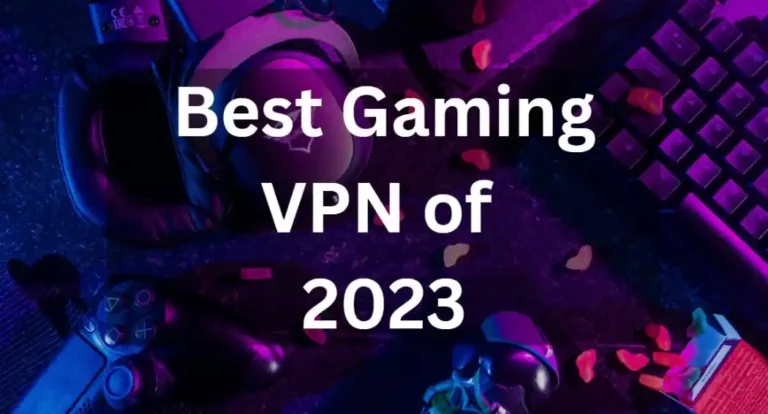
Best Free And Premium Gaming VPNs of 2023 We review VPNs and other products independently. However, if you buy with

Fastest VPNs To Buy In 2023: Tested And Verified We review VPNs and other products independently. However, if you buy
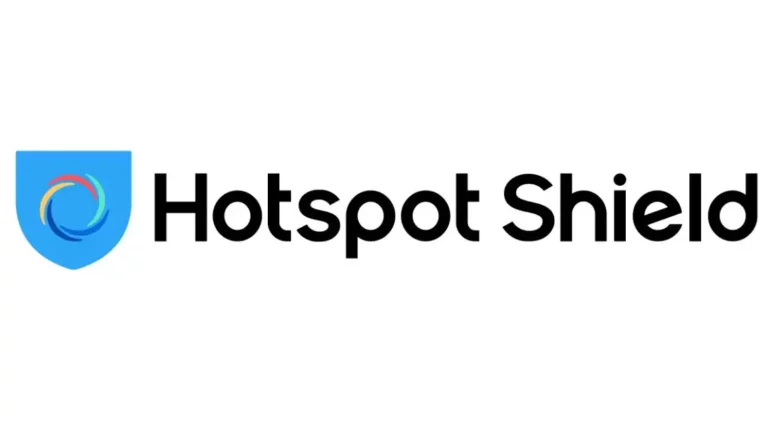
Hotspot Shield VPN 2023: Complete Review (Free and Premium) We review VPNs and other products independently. However, if you buy
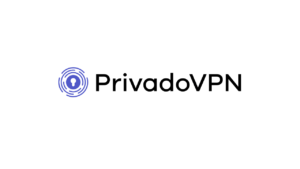
We review VPNs and other products independently. However, if you buy with our links, we may earn a small commission to run tests and services.
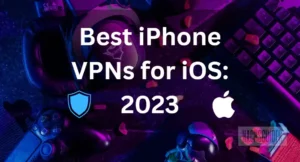
Best iPhone VPNs for iOS in 2023: Safe VPNs We review VPNs and other products independently. However, if you buy with our links, we may

Best Cheap VPNs In 2023: Premium VPNs at amazing prices We review VPNs and other products independently. However, if you buy with our links, we

Best VPNs for Mexico in 2023: Free and Premium We review VPNs and other products independently. However, if you buy with our links, we may

Best Free And Premium Gaming VPNs of 2023 We review VPNs and other products independently. However, if you buy with our links, we may earn

Fastest VPNs To Buy In 2023: Tested And Verified We review VPNs and other products independently. However, if you buy with our links, we may
